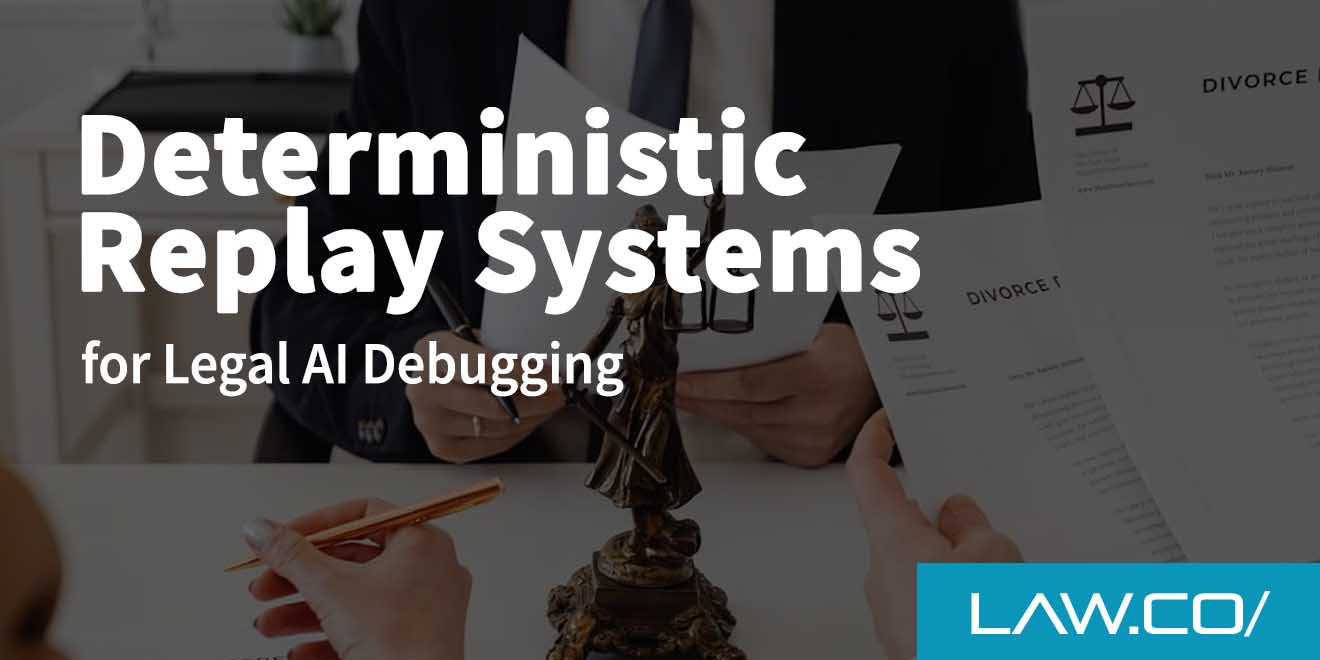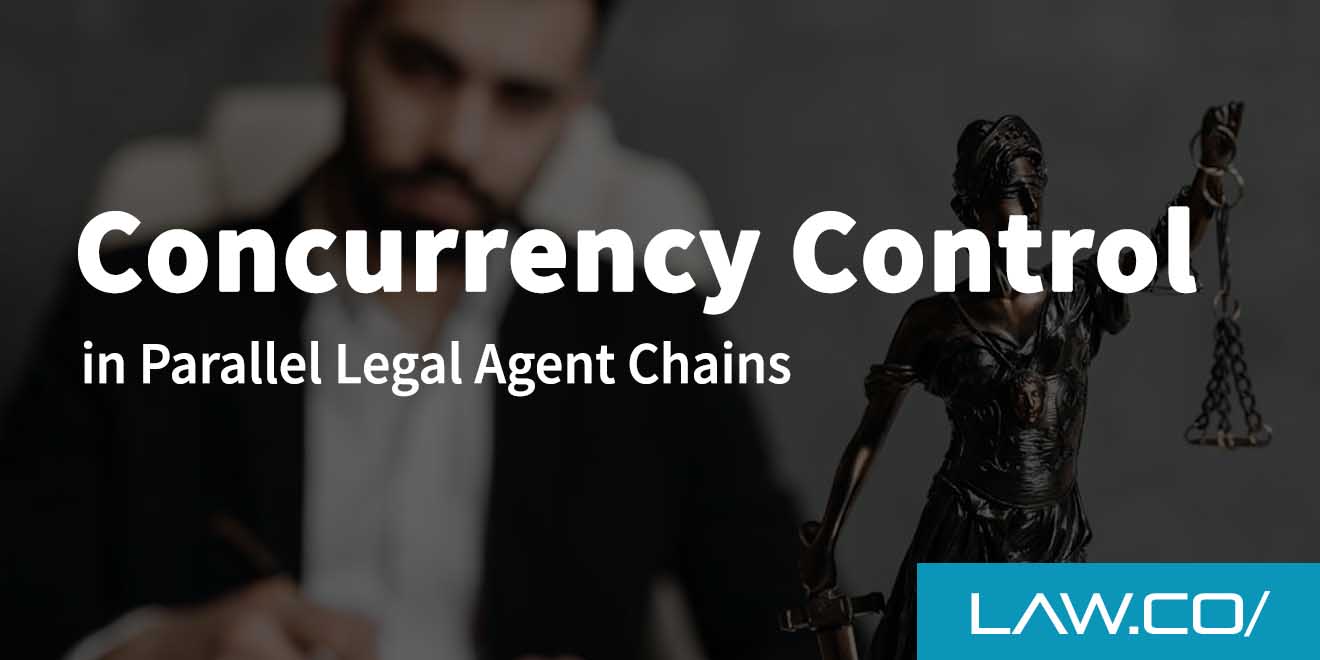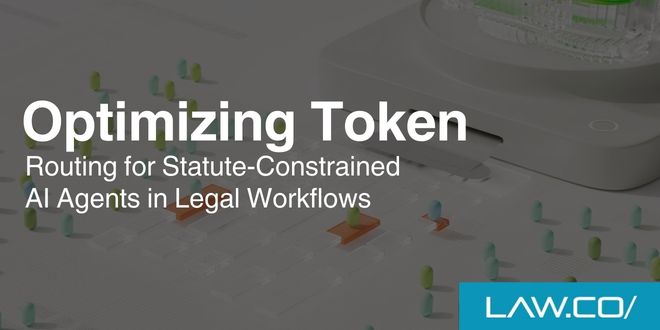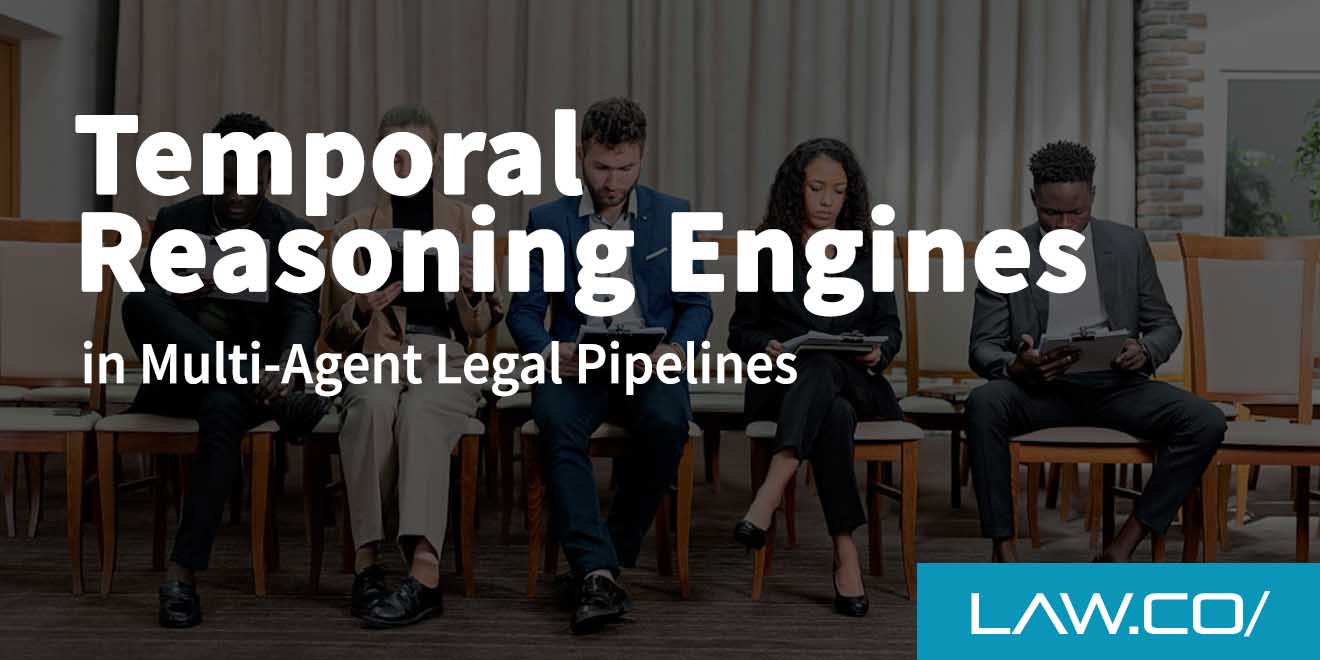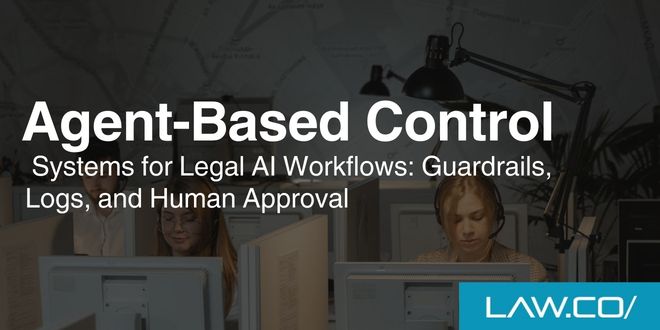

Fine-Tuning Open-Source LLMs for Case-Specific Legal AI Agents
If you’re an attorney or you run a law firm, you’ve likely noticed the buzz around AI—and that it’s more than just a tech trend. Law firms around the globe are looking for ways to apply artificial intelligence to everyday tasks, from document review to legal research. One path that’s often overlooked is fine-tuning open-source Large Language Models (LLMs) specifically for legal work.
Think of it as customizing a practical tool to fit your firm’s unique cases. Below, we’ll walk through some key points to help you understand why fine-tuning open-source LLMs might make sense for your practice.
Why Focus on Open-Source LLMs?

Many big-name AI tools are proprietary, which can be limiting when it comes to handling highly sensitive legal matters. Open-source models, on the other hand, allow for deeper customization because you can inspect and adapt the underlying code. This flexibility is often a game-changer in legal contexts, where nuance is critical. You can tailor a model to respond in a way that aligns with your firm’s practice areas and confidentiality standards.
Tailoring the Model to Specific Case Work
When fine-tuning a model, you’re essentially “teaching” it using data that mirrors the types of cases, contracts, or briefs your firm handles. If your practice revolves around intellectual property law, you can feed the model thousands of relevant rulings, filings, and opinions. The result? An AI assistant that’s already “up to speed” on case law, so your research phase can move along faster. It’s a bit like hiring a new paralegal who specializes in exactly what you do—only this paralegal can recall hundreds of pages of legal text in seconds.
Handling Confidential Information Responsibly
One question lawyers frequently ask: “Is it safe to feed my sensitive documents to an AI model?” It can be, so long as you set up robust internal protocols. Fine-tuning open-source LLMs often happens on secure, in-house servers. This way, you’re not sending crucial data off to an external cloud service. You maintain control over the entire process, which helps ensure client confidentiality and adherence to the ethical rules that govern legal practice.
Efficiency That Frees You for High-Value Tasks
Attorneys and their support staff routinely spend hours sifting through case files, drafting routine documents, and handling other repetitive tasks. An AI model that’s been trained on your firm’s style and areas of specialty can do the heavy lifting, freeing you to focus on strategic thinking, courtroom strategy, or face-to-face time with clients. Rather than replace anyone, a well-tuned AI system acts more like an assistant that takes care of the busywork.
Spotting Potential Drawbacks and Pitfalls
Of course, blindly trusting an AI system can backfire. Even well-trained models can occasionally produce inaccurate or outdated references if not properly maintained. That’s why any AI-driven workflow needs layers of review and validation by qualified legal professionals. Think of AI not as a final authority, but as a valuable collaborator that you still need to supervise.
Costs and Return on Investment
Fine-tuning an open-source LLM does involve costs—time, staff hours, computing infrastructure—but the payoff can be significant. Imagine trimming repetitive research duties from your week and using that time for billable activities or advanced client service. Over the long run, many find that the initial investment is offset by the gained efficiency and potential competitive edge.
Getting Started Without Getting Overwhelmed
Curious about trying it out? The best first step is to talk with a consultant or technology expert who specializes in AI solutions for legal teams. They can outline a plan, assess your firm’s specific data security requirements, and walk you through a pilot project. Once you see how AI can expedite even a small part of your workload, you’ll have a clearer idea of where it could help you the most.
Whether your focus is on family law, corporate deals, real estate, or beyond, there’s a good chance that a case-specific LLM could streamline your day-to-day matters. By fine-tuning an open-source model, you can shape it around your area of expertise and maintain the control you need over highly sensitive data. It’s about working smarter, not harder—an ideal scenario for law firms aiming to stay ahead in a rapidly evolving legal technology landscape.

%201.svg)


